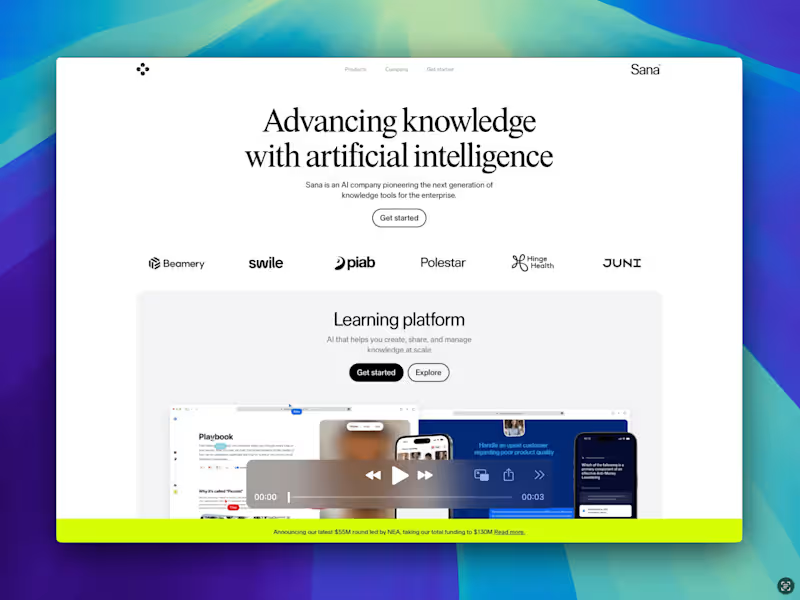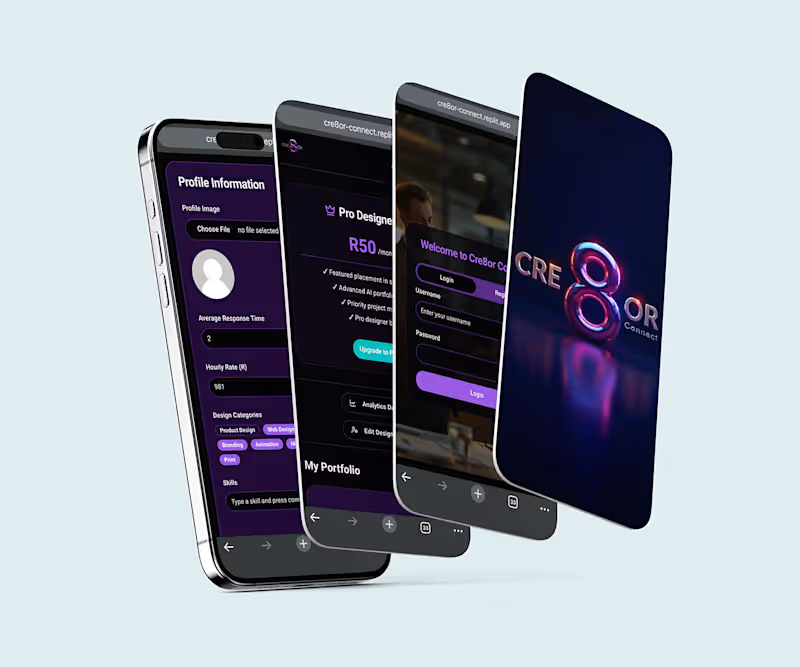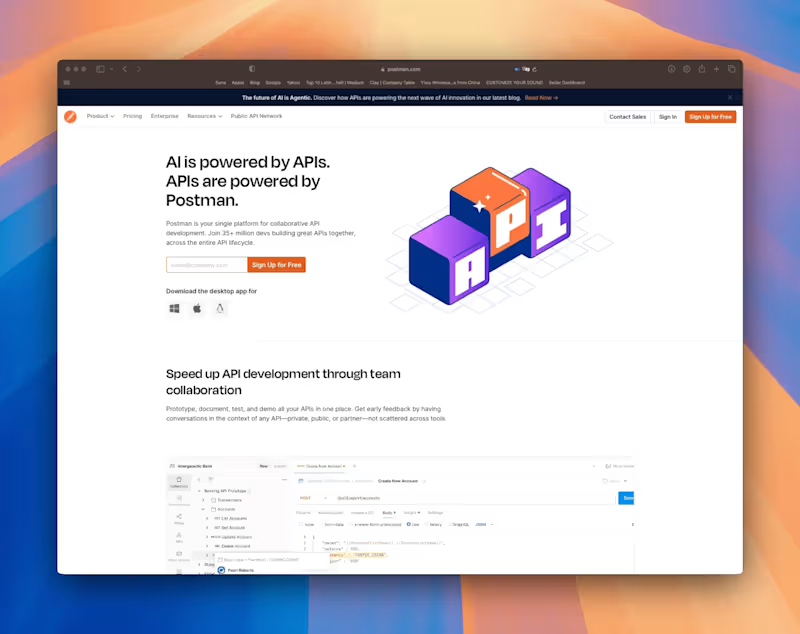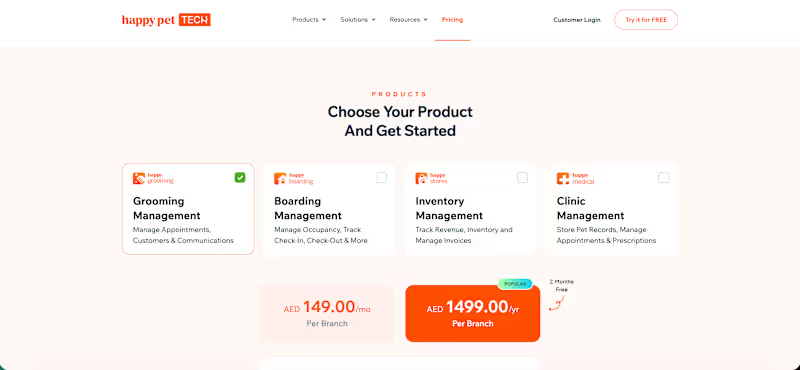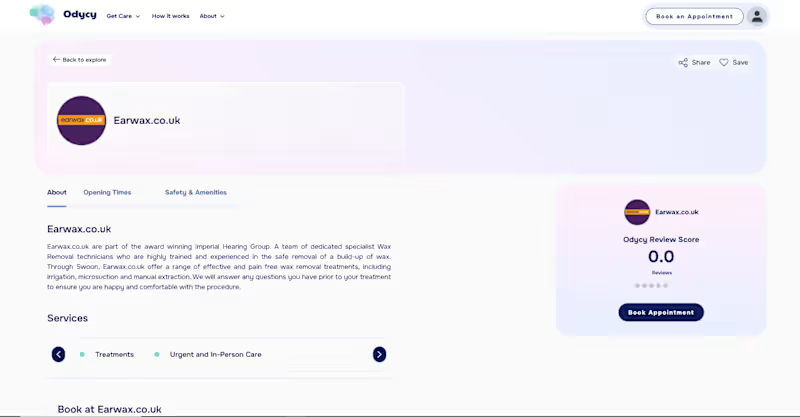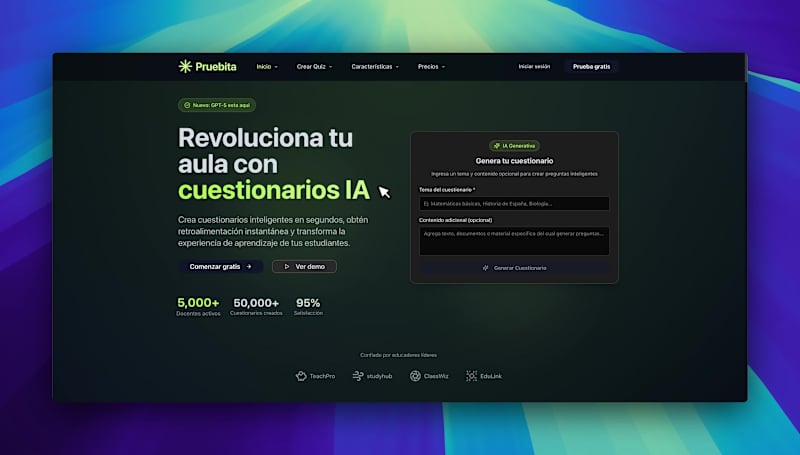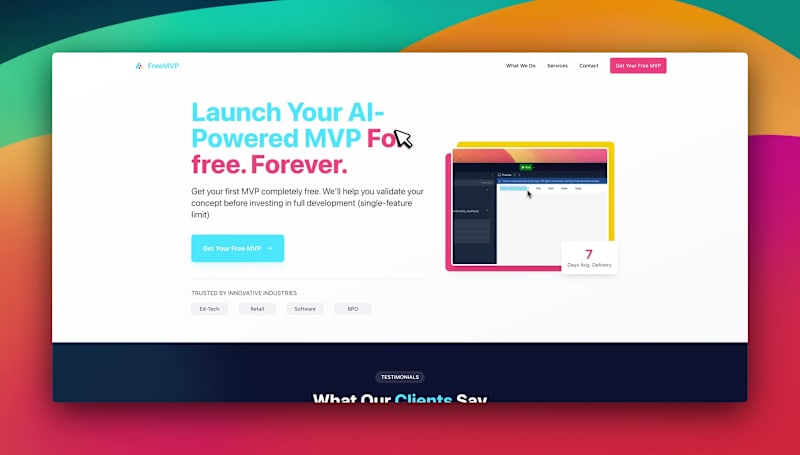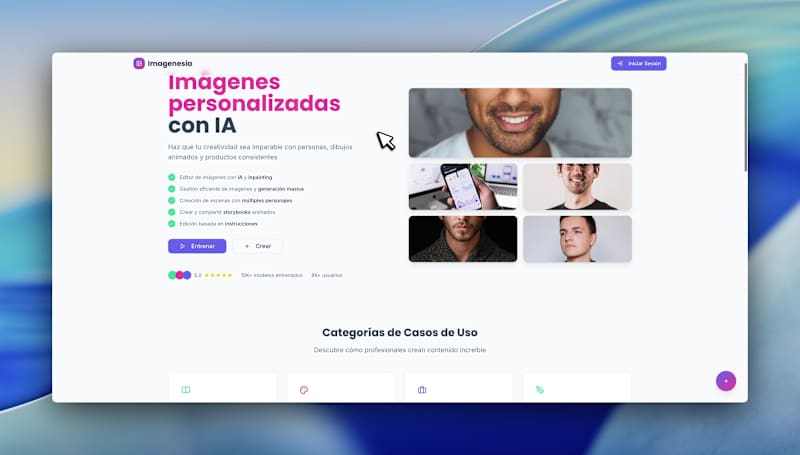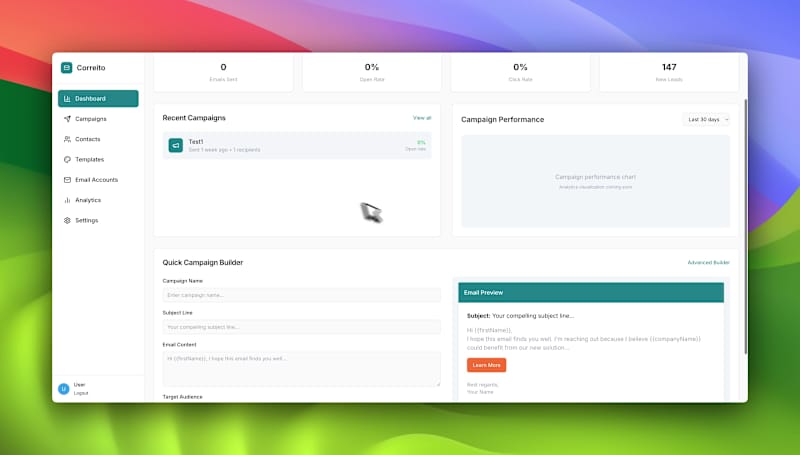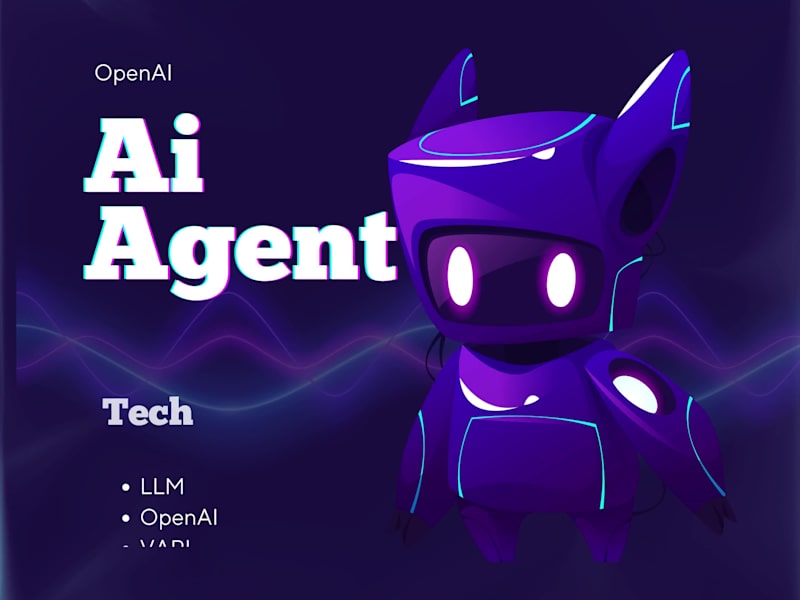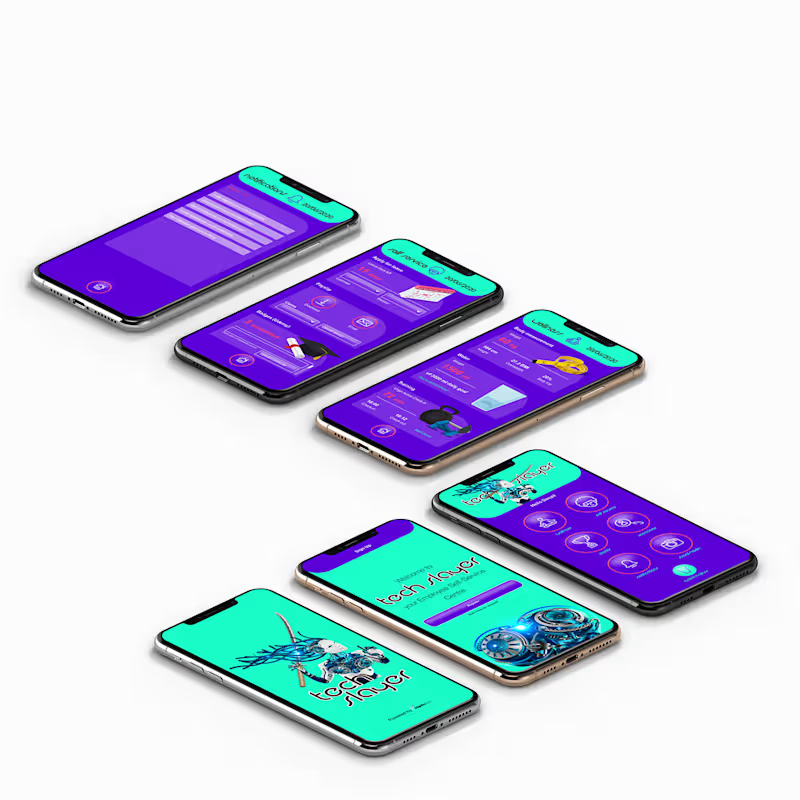Additional resources
What Is Replit and Why Hire Replit Freelancers
Cloud-Based Development Environment Benefits
Rapid Prototyping Capabilities
AI-Powered Development Features
Skills to Look for When You Hire Replit Developers
Programming Language Expertise
Replit Agent Proficiency
Collaborative Development Experience
API Integration Knowledge
Types of Projects Suitable for Replit Freelance Programmers
Web Application Development
Educational Tools and Platforms
Proof of Concept Applications
Internal Business Tools
Automation Scripts and Bots
How to Evaluate Replit Coding Experts
Portfolio Assessment Criteria
Technical Interview Questions
Code Review Process
Collaboration Test Projects
Cost Considerations When You Outsource Replit Projects
Hourly Rate Ranges
Project-Based Pricing Models
Subscription Plan Considerations
Budget Planning Strategies
Where to Find Replit Coders
Professional Developer Communities
Technical Forums and Groups
Educational Institution Networks
Open Source Contribution Platforms
Screening Process for Replit Programming Services
Initial Application Review
Technical Skill Assessment
Communication Evaluation
Trial Period Implementation
Project Management Best Practices with Replit Freelancers
Setting Clear Project Requirements
Establishing Communication Protocols
Milestone Definition and Tracking
Code Review and Quality Assurance
Common Challenges When Hiring Replit Freelancers
Time Zone Coordination
Technical Limitations of Platform
Security and Privacy Considerations
Scalability Planning
Building Long-Term Relationships with Replit Developers
Contract Structuring Options
Performance Incentive Systems
Professional Development Support
Retention Strategies
Legal and Contractual Considerations
Intellectual Property Rights
Non-Disclosure Agreements
Payment Terms and Conditions
Dispute Resolution Mechanisms
Maximizing ROI When You Hire Replit Freelancers
Productivity Measurement Metrics
Cost-Benefit Analysis Methods
Efficiency Optimization Techniques
Success Story Examples




























![Cover image for [F500 Financial Company] - Onboarding / Automation and Support](https://media.contra.com/image/upload/w_800,q_auto/td8f3ysk4dpcqiozztuj.avif)
